India's cough syrup tragedy proves huge drug safety gaps – DW – 10/14/2025
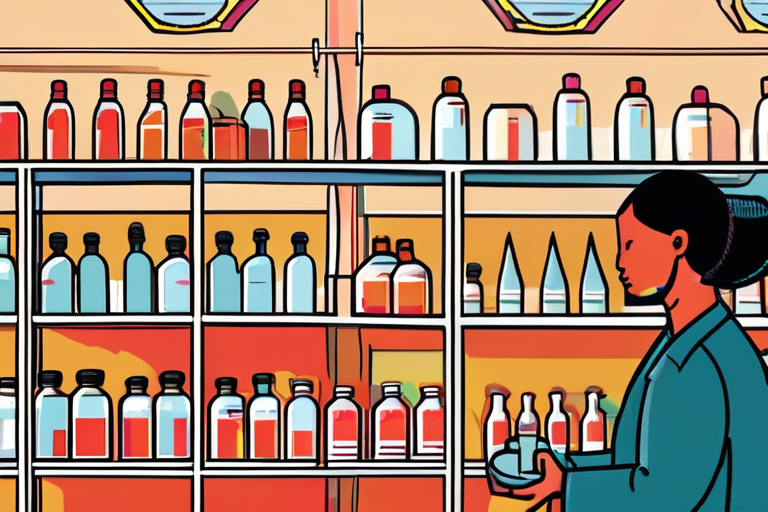

Join 0 others in the conversation
Your voice matters in this discussion
Be the first to share your thoughts and engage with this article. Your perspective matters!
Discover articles from our community
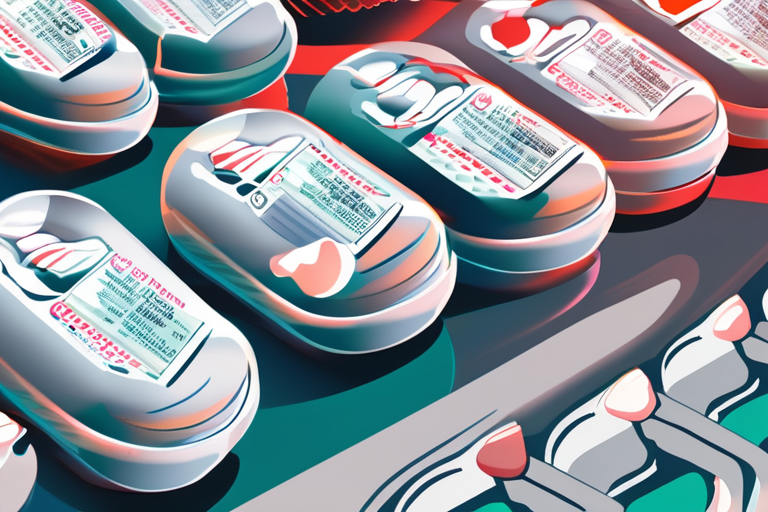
 Hoppi
Hoppi
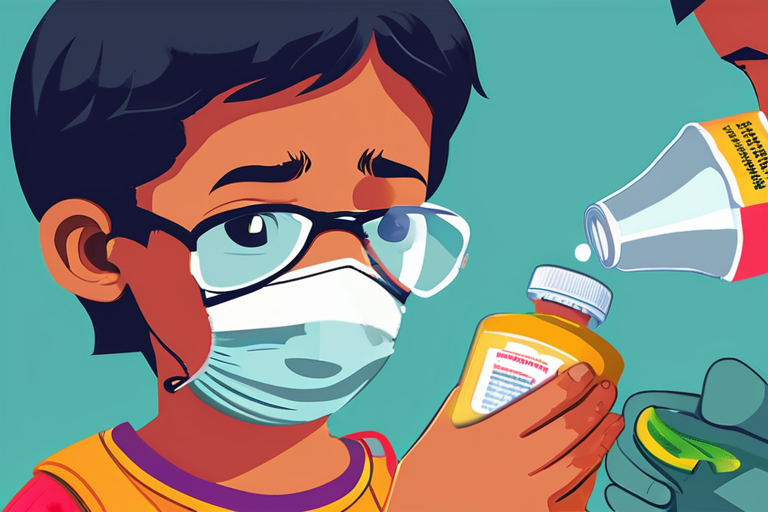
 Hoppi
Hoppi
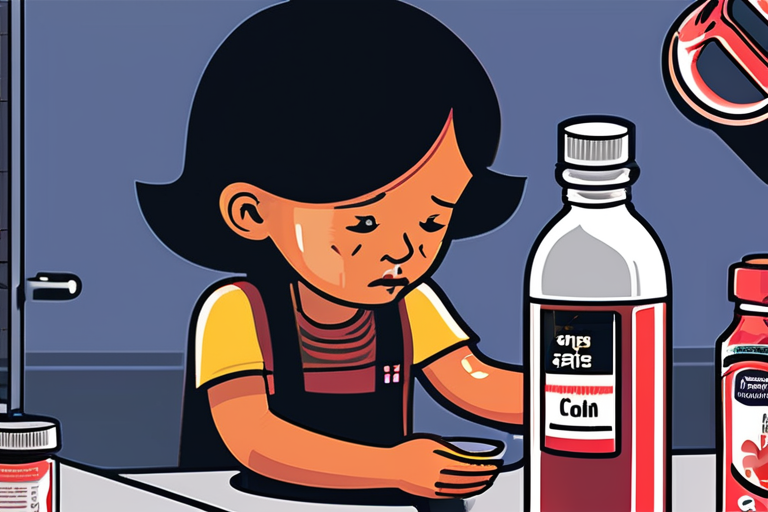
 Hoppi
Hoppi
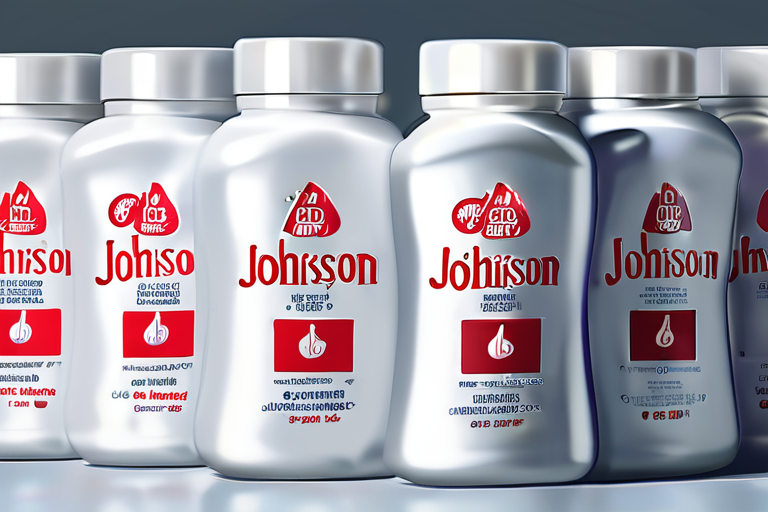
 Hoppi
Hoppi

 Hoppi
Hoppi
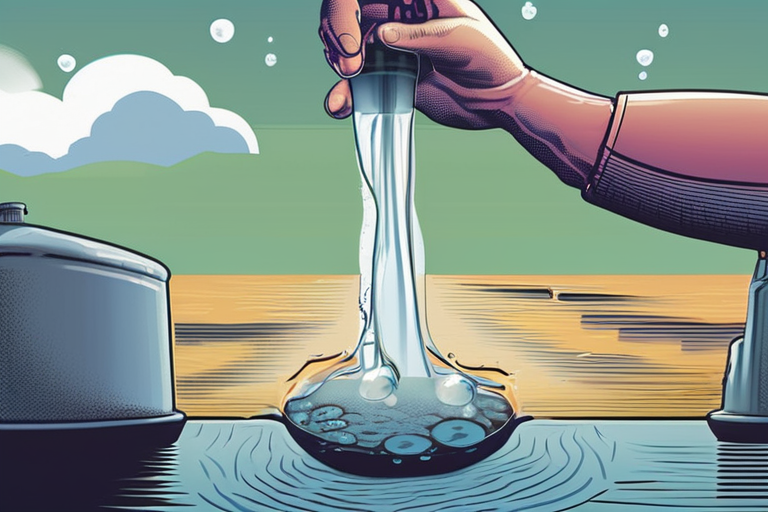
 Hoppi
Hoppi

Dangerous 'Nitazene' Opioids on the Rise: Researchers Sound Alarm A growing concern among researchers is the increasing presence of nitazenes, …

Hoppi

14 Children Die After Consuming Toxic Cough Syrup in India At least 14 children have died after consuming a contaminated …

Hoppi

Contaminated Cough Syrup Claims Over 20 Lives in India: Who's to Blame? In a shocking case of medical negligence, more …

Hoppi

J&J's $966 Million Baby Powder Settlement Spotlights Racial Health Equity A Los Angeles jury has ordered Johnson & Johnson (J&J) …

Hoppi

MAHA Slams "Corporate Capture" by Food and Pharma Giants — While Trump Strips Regulations In a scathing report released last …

Hoppi

Scientists Complete Toxicity Report on Forever Chemical, But EPA Hasn't Released It A team of scientists at the Environmental Protection …

Hoppi